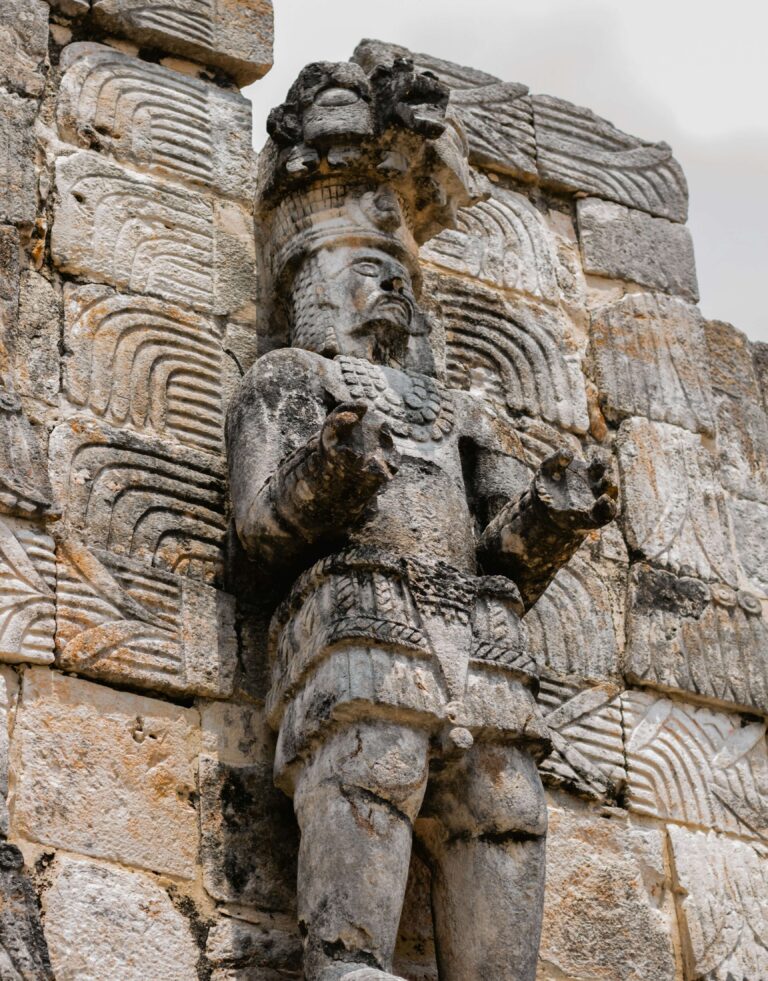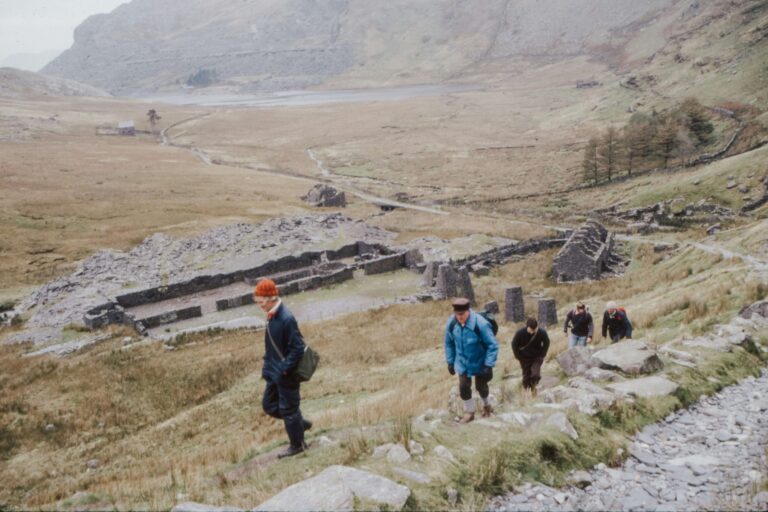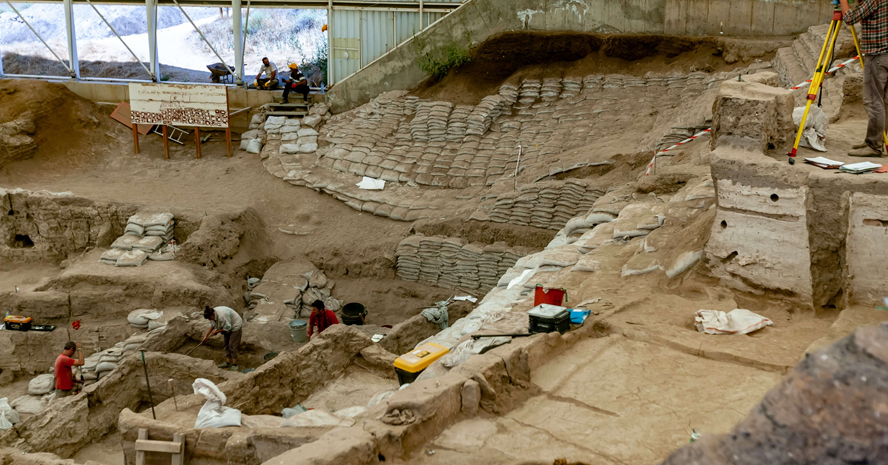When people think about archaeology, it’s easy to picture a movie scene — explorers brushing dust off ancient treasures, making history with every find. But in real life, it’s way more complicated. One of the biggest hurdles archaeologists face today isn’t just getting permission to dig — it’s finding enough funding to do the work the right way, from start to finish.
Digging Is Only the Beginning
Sure, excavation is exciting. But it’s just the first step. A lot of people think funding a dig just means covering travel costs, paying a team, and buying gear. In reality, that’s a small part of the picture.
Once artifacts are uncovered, the real work begins. Pieces need to be cleaned, stabilized, dated, and studied—sometimes for years—before we can even begin to understand what they tell us about the past. Things like radiocarbon dating, lab tests, and mountains of paperwork aren’t cheap either. Without funding for all that follow-up work, a dig can end up doing more harm than good, disturbing precious sites without preserving their true story.
On top of that, getting permission to dig in the first place usually means working with governments or local authorities. You need detailed research plans, permits, and approval from multiple agencies. And guess what? That all takes time, expertise, and yes, even more funding.

Can Crowdfunding Help?
With how expensive everything is, you might wonder if crowdfunding could fill the gap. The answer? Maybe — but only if it’s done right.
Grants, universities, and big institutions still do the heavy lifting when it comes to funding archaeology. But in some cases, ethical crowdfunding can give much-needed support to projects that might otherwise get left behind—especially smaller digs, preservation efforts, or community-driven research.
That said, raising money just for the digging part isn’t enough. Real crowdfunding support has to cover everything: the digging, the studying, the preserving, and the teaching afterward. Without that full-circle approach, even a well-meaning project can accidentally damage the history it set out to protect.
That’s why our organization is committed to doing it differently—building a system that funds all parts of the process, not just the exciting first step.

Building a Smarter Future for Archaeology
If archaeology is going to keep moving forward, our funding models have to change too. Crowdfunding, when done right, can be part of the solution. But transparency, accountability, and long-term planning are non-negotiable.
Every discovery deserves the time, care, and resources to be fully understood and preserved—not just found. By understanding what it really takes to do archaeology responsibly, we can make sure that future generations get to keep learning from the past, not just hear stories about what we once uncovered and lost.

